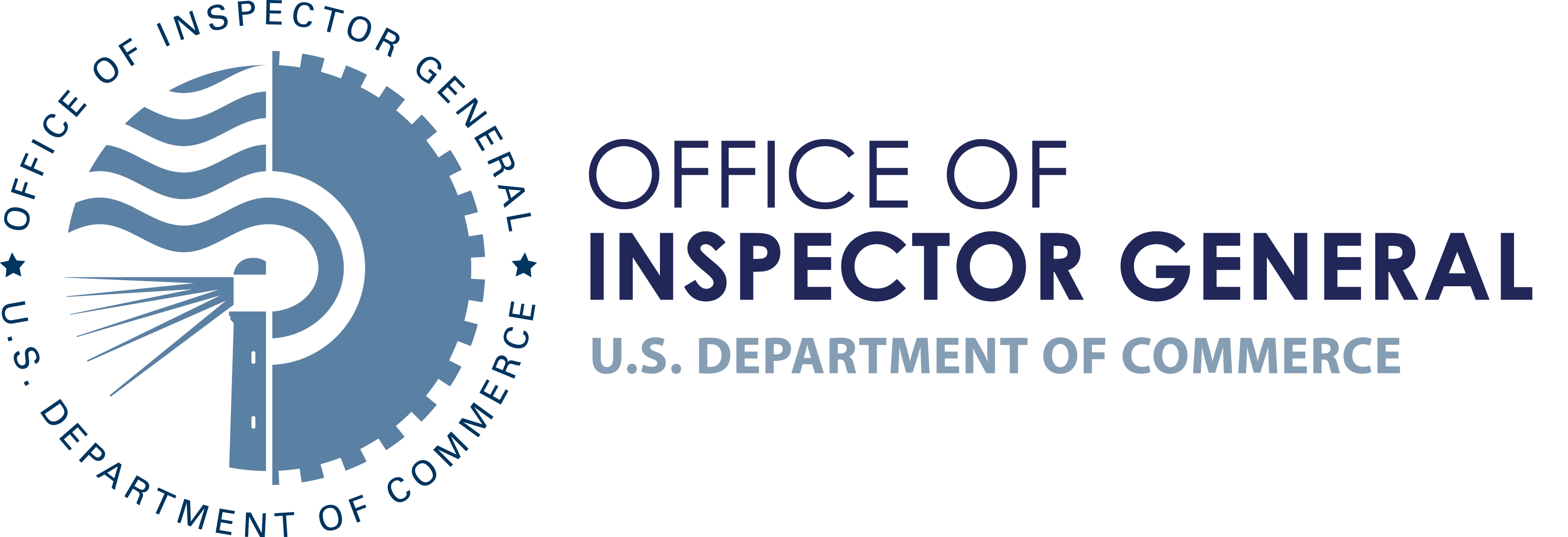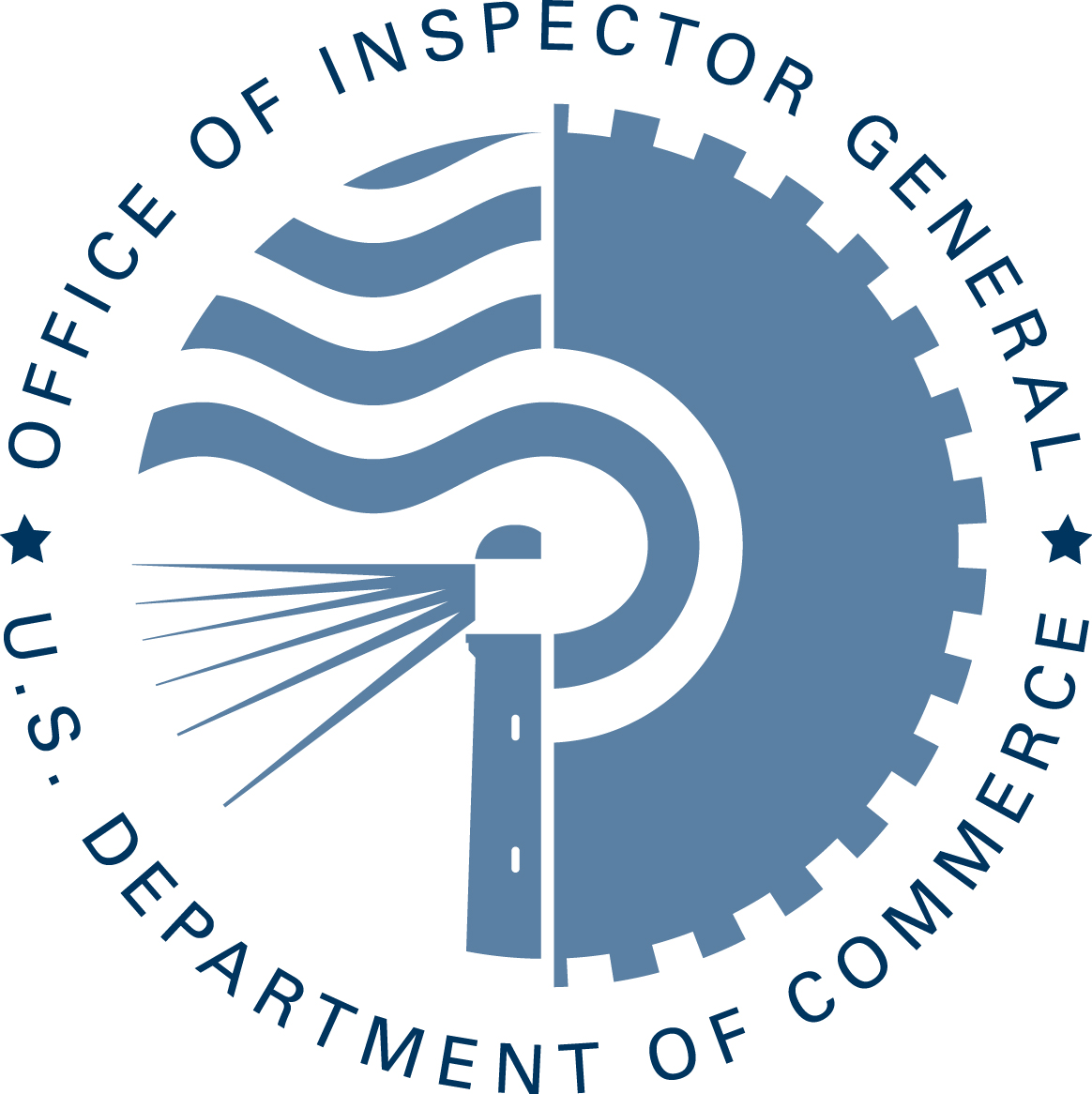The COVID-19 pandemic has underscored the critical importance of affordable, high-speed broadband for individuals, families, and communities to be able to work, learn, and connect remotely while supporting social distancing. Increasing access to broadband is an ongoing national challenge. In 2021, the Administration signed the Bipartisan Infrastructure Law, also known as the Infrastructure Investment and Jobs Act (IIJA), investing roughly $65 billion to address this challenge of ensuring that every American has access to reliable high-speed internet through a historic investment in broadband infrastructure deployment. The additional funding builds off of investments from previous laws, including the American Rescue Plan Act (ARPA) and the Consolidated Appropriations Act of 2021. As a result of the additional funding for broadband infrastructure totaling $48 billion, NTIA will establish the following broadband programs as directed by the IIJA.
- The largest of these programs is the Broadband Equity, Access, and Deployment (BEAD) Program. The BEAD Program is to be established no later than 180 days after the date of enactment of IIJA. BEAD program provides $42.45 billion, to be distributed among all 50 U.S. States and certain U.S. Territories (including the District of Columbia, Puerto Rico, the U.S. Virgin Islands, Guam, American Samoa, and the Commonwealth of the Northern Mariana Islands) for projects that support broadband infrastructure deployment and adoption.
- $1 billion will be appropriated to NTIA for the creation of the Enabling Middle Mile Broadband Infrastructure Program. The purpose of this grant program is to expand and extend middle mile infrastructure to reduce the cost of connecting unserved and underserved areas to the internet backbone.
- An additional $2 billion will be provided to the existing Tribal Broadband Connectivity Program (TBCP), an NTIA program previously implemented under the Consolidated Appropriations Act, 2021. TBCP directs funding to tribal governments to be used for broadband deployment on tribal lands, as well as for telehealth, distance learning, broadband affordability, and digital inclusion.
- $2.75 billion will be distributed through the Digital Equity Act Programs to promote digital inclusion and equity to ensure that all individuals and communities can acquire the same skills, technology, and capacity needed to engage in the Nation’s digital economy.


